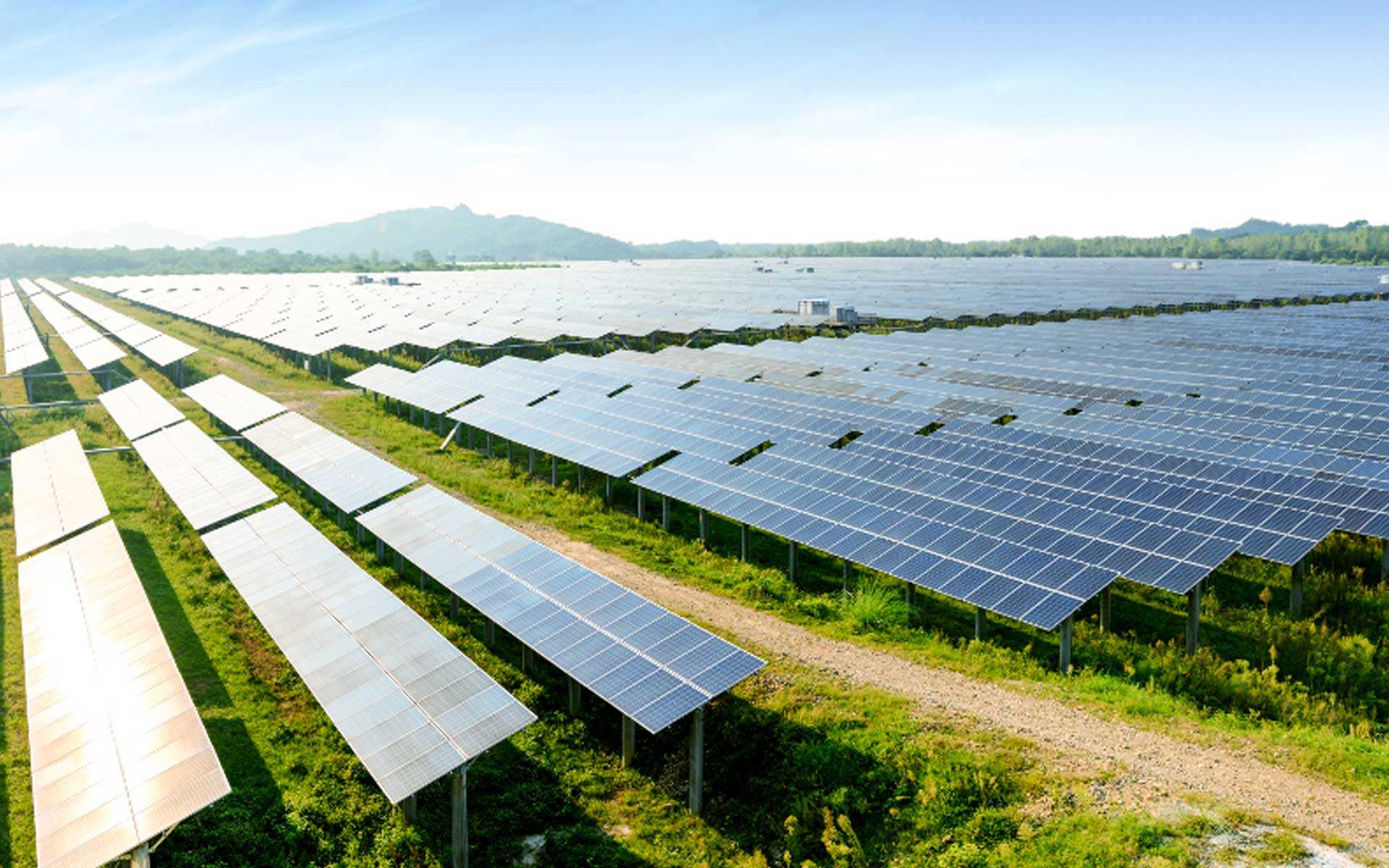Is our environment benefitting from the Coronavirus?
As daily carbon dioxide emissions have fallen almost 60 per cent across the EU since Coronavirus lockdowns, this has put the world economy into reverse…
This new situation is also underlining how the pandemic has sharply reduced — albeit temporarily — the human impact on the environment. Measures by the 27 EU member states to confine their populations to slow the spread of the virus have disrupted economies and prompted a 58 per cent decline in daily carbon emissions, according to calculations by Sia Partners, a French consultancy specialising in energy.
Emissions from cars and motorcycles were down 88 per cent, for example, while those from the energy sector fell almost 40 per cent from before the crisis. The one sector where emissions have risen since the pandemic began is households, where they are almost a third higher because of the huge numbers of Europeans who are confined to their homes.
“Once the confinement is finished, some sectors will restart right away and others will not,” said Charlotte de Lorgeril, an energy, utilities and environment partner at Sia. “We won’t get back right away to the level of before.”
Sia made its calculations by taking daily emissions from important sectors of the economy and working out how much activity has been curtailed by confinement measures in each country. In the Netherlands, for example, railway use is down 20 per cent while in France it has fallen by half.
Among EU countries, the smallest decreases in emissions were in Malta and Sweden, an outlier because its government has sought to maintain economic activity where possible. The biggest declines were in those EU countries worst affected by the pandemic: France, Spain and Italy. Other potentially harmful gases emitted by vehicles and industry have also declined during the pandemic. The European Space Agency said recently that its satellite observations showed sharp reductions in nitrogen dioxide pollution in the continent’s big cities, including Milan, Paris and Madrid.
In China, where the coronavirus pandemic began, the lockdowns and the economic slowdown improved the country’s notoriously poor air quality and wiped out the equivalent of the UK’s carbon emissions for six months. Rising carbon dioxide emissions since the industrial revolution have accelerated global warming, hastening the onset of damaging climate change. Many of those concerned about the warming trend believe the coronavirus crisis is the ideal moment to rethink economic models — by introducing a carbon tax, for example, at a time of conveniently low oil prices. Some have even suggested that more lives may be saved by the reduction of lethal air pollution than have been lost to the pandemic.
But scientists also fear that the crisis-induced relief for the environment and the climate will be shortlived. François Gemenne, a climate expert at the University of Liège in Belgium, said that while expected cuts in global carbon emissions in 2020 were positive for the climate, it would not mean much in the longer term unless governments changed their outlooks. “I see governments trying to throw a lifeline to their fossil industries,” he said. “My concern is not just the way in which economies restart, but the billions injected by governments. I see that money going mostly to the carbon economy and not to a decarbonised economy.”
Original article published in Financial Times April 7th 2020. Edited by Wasted.





